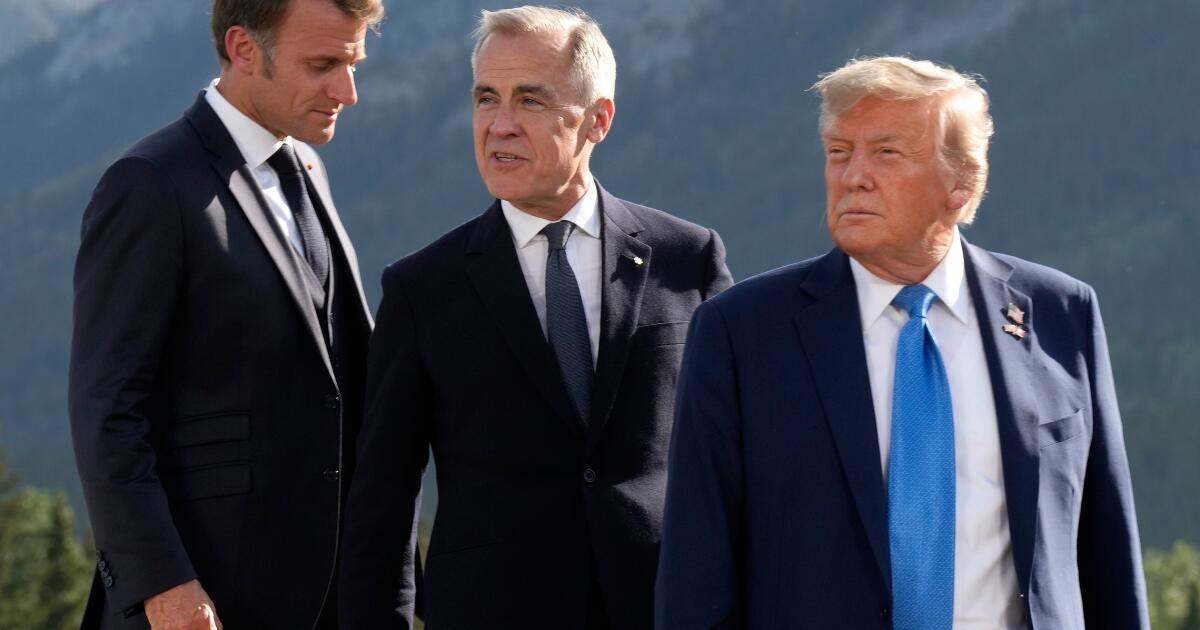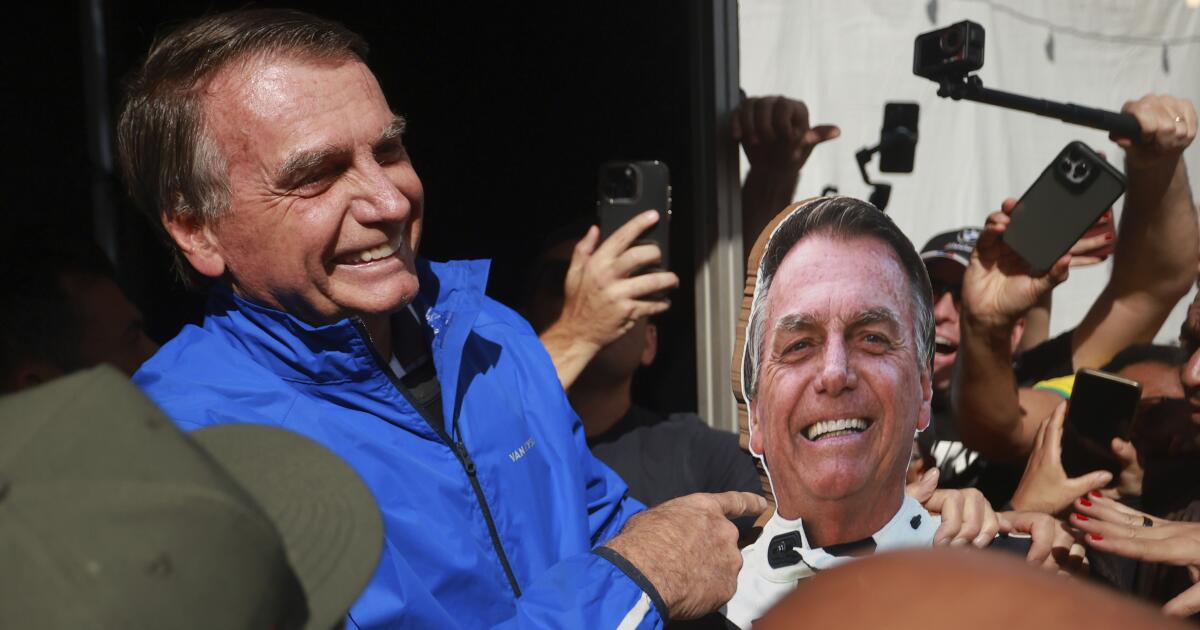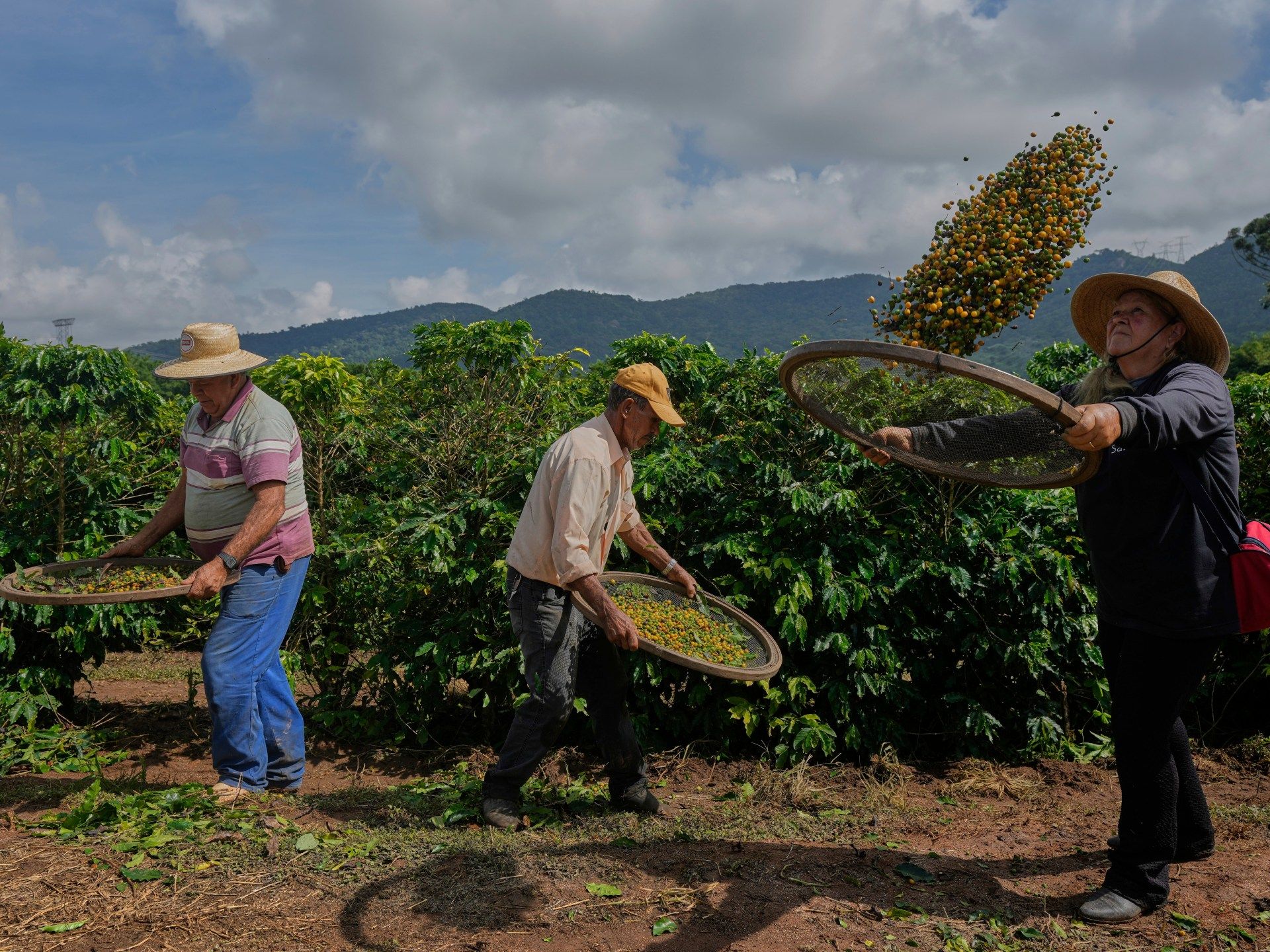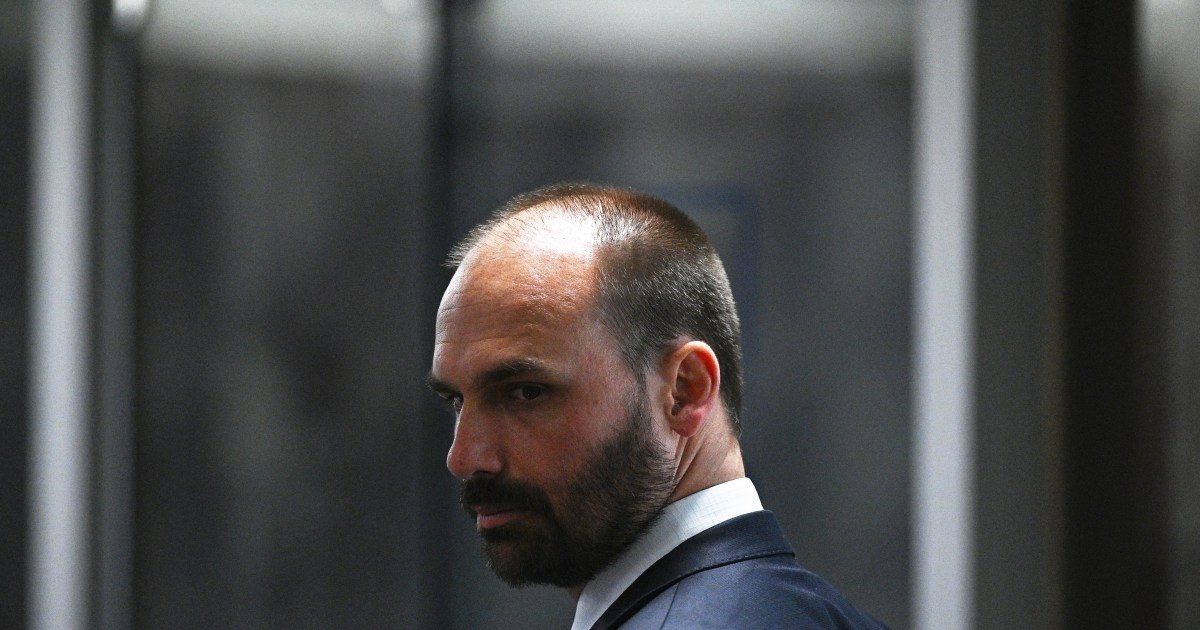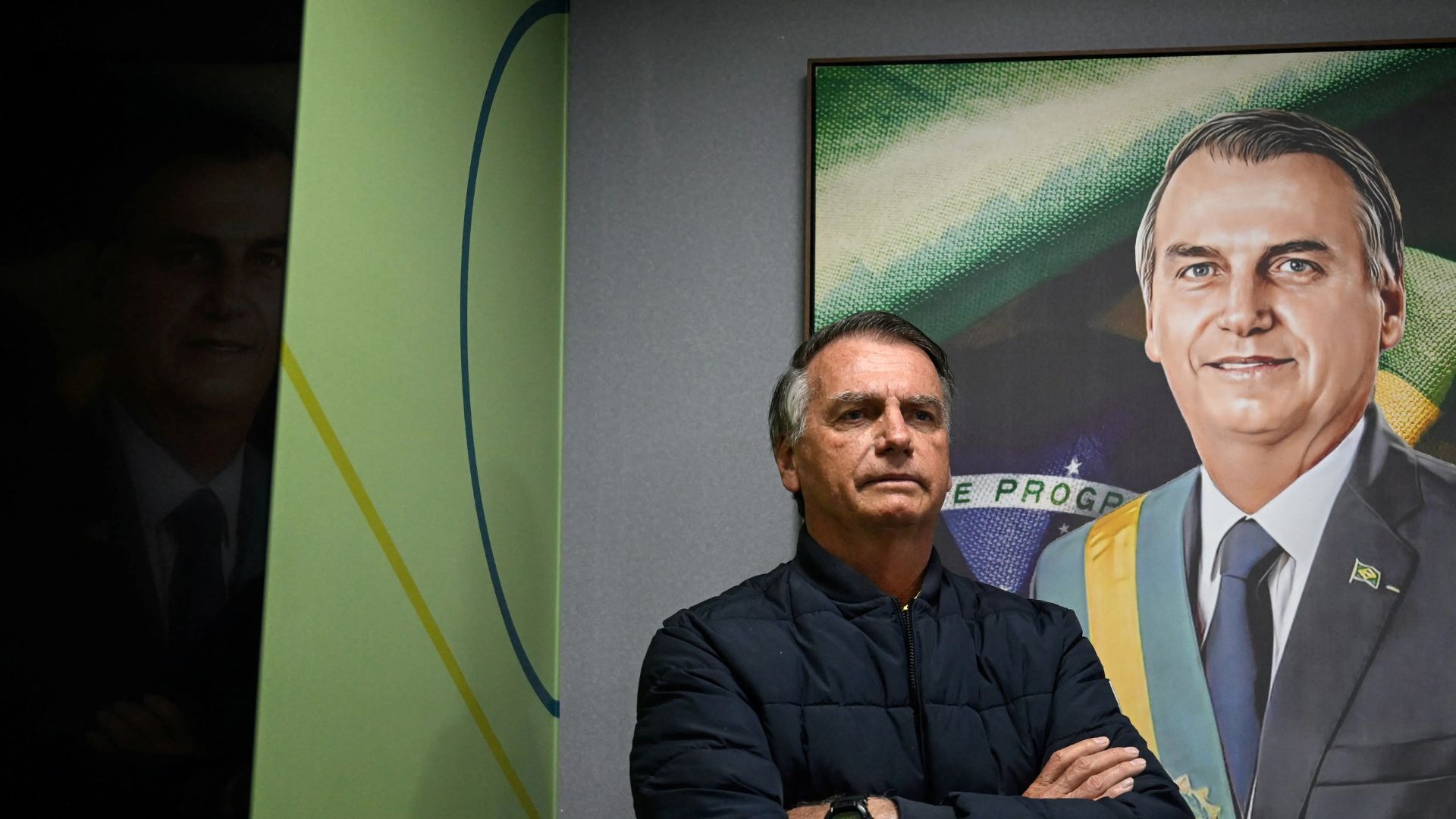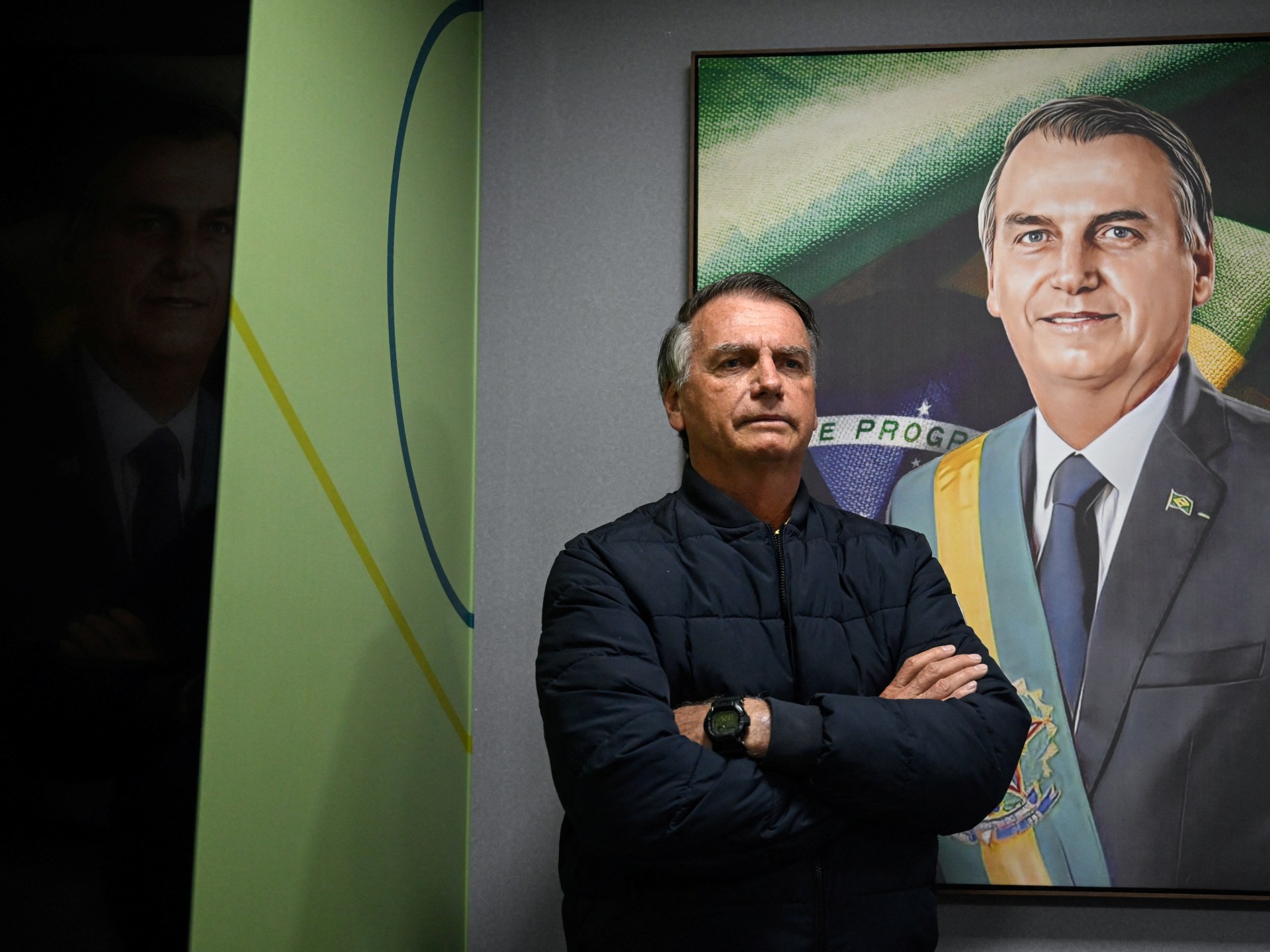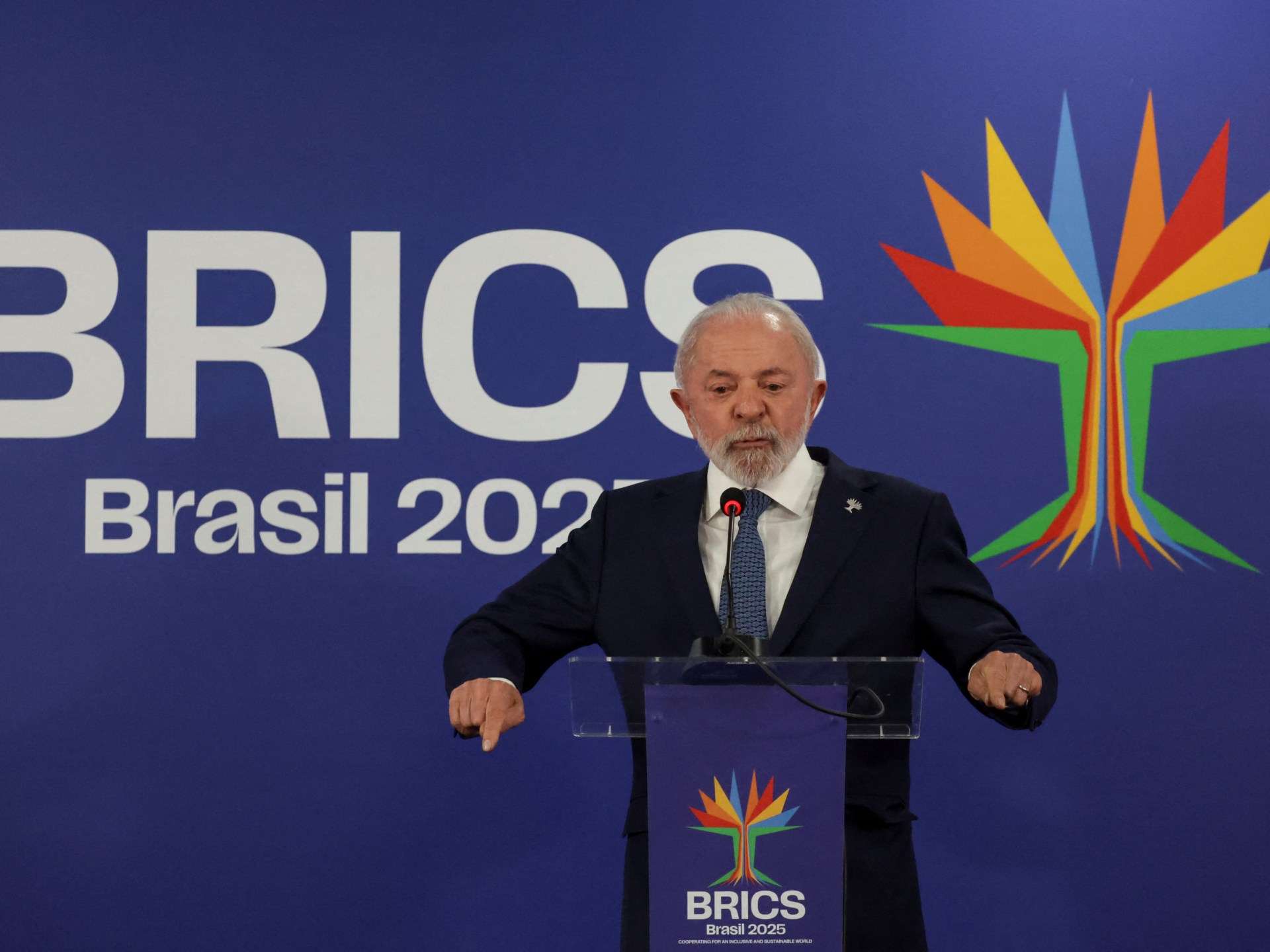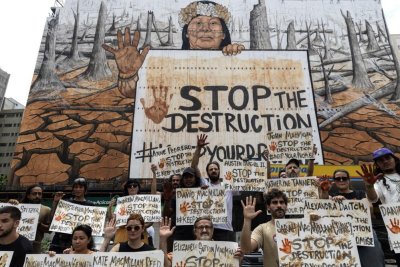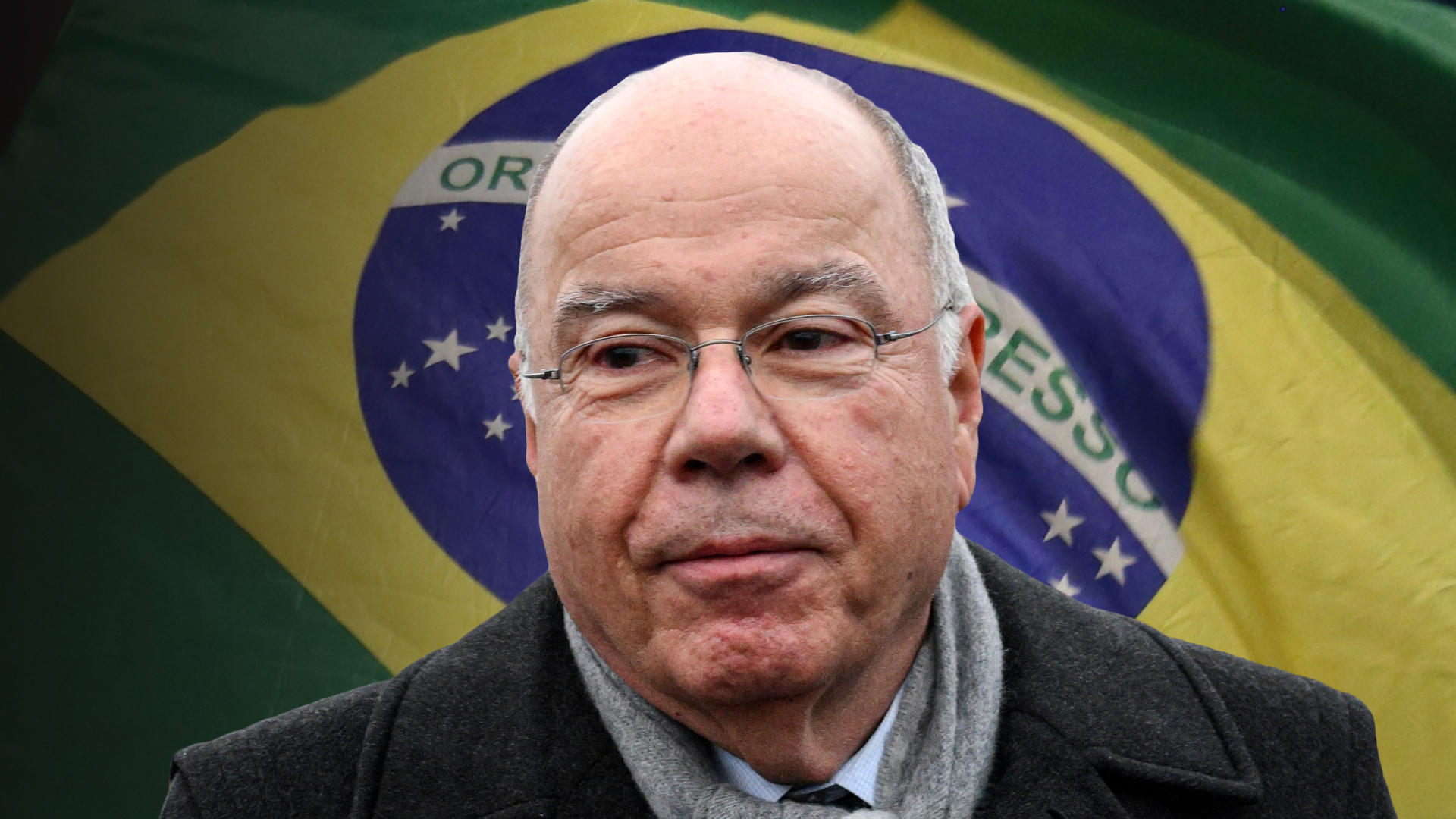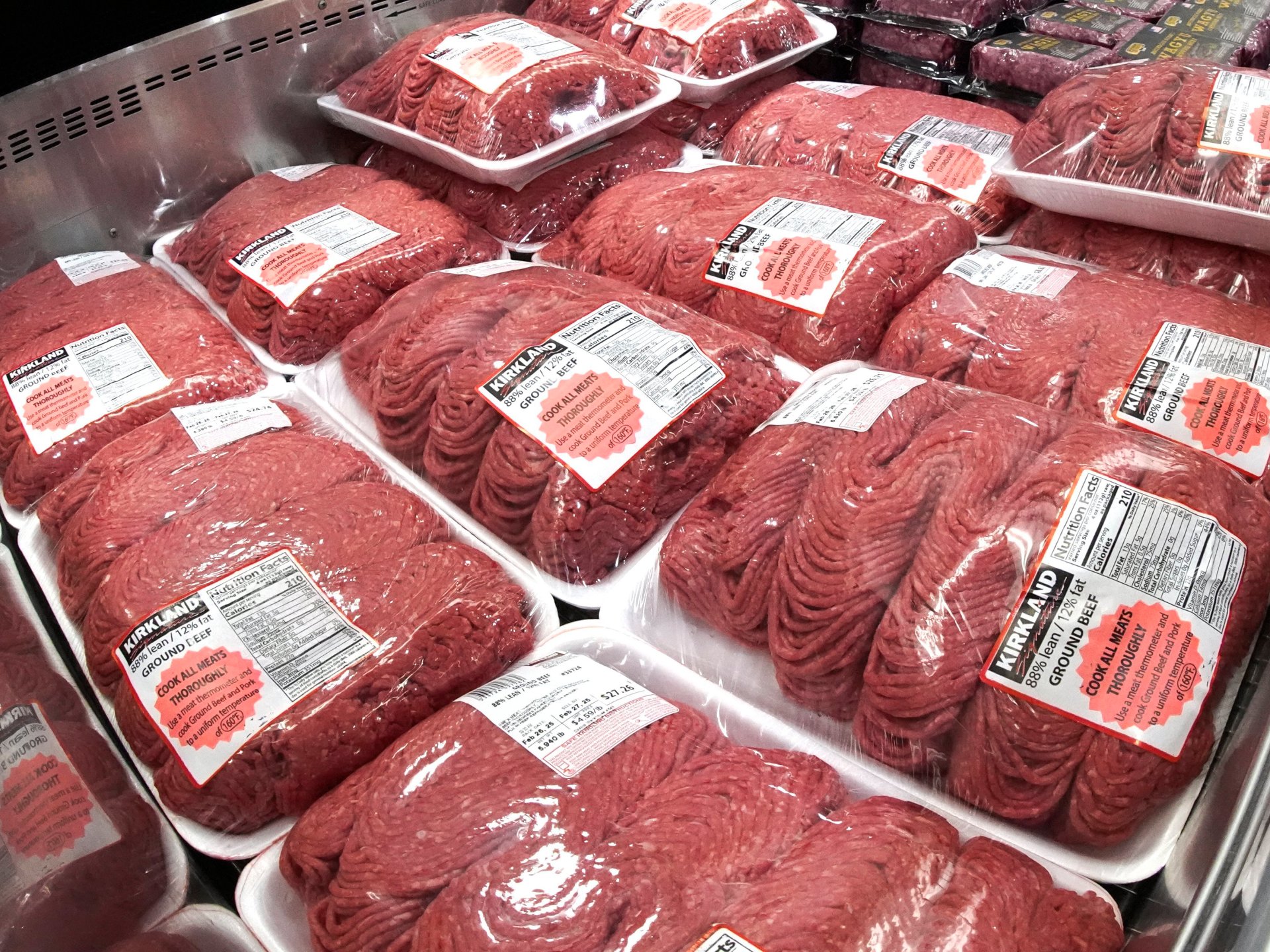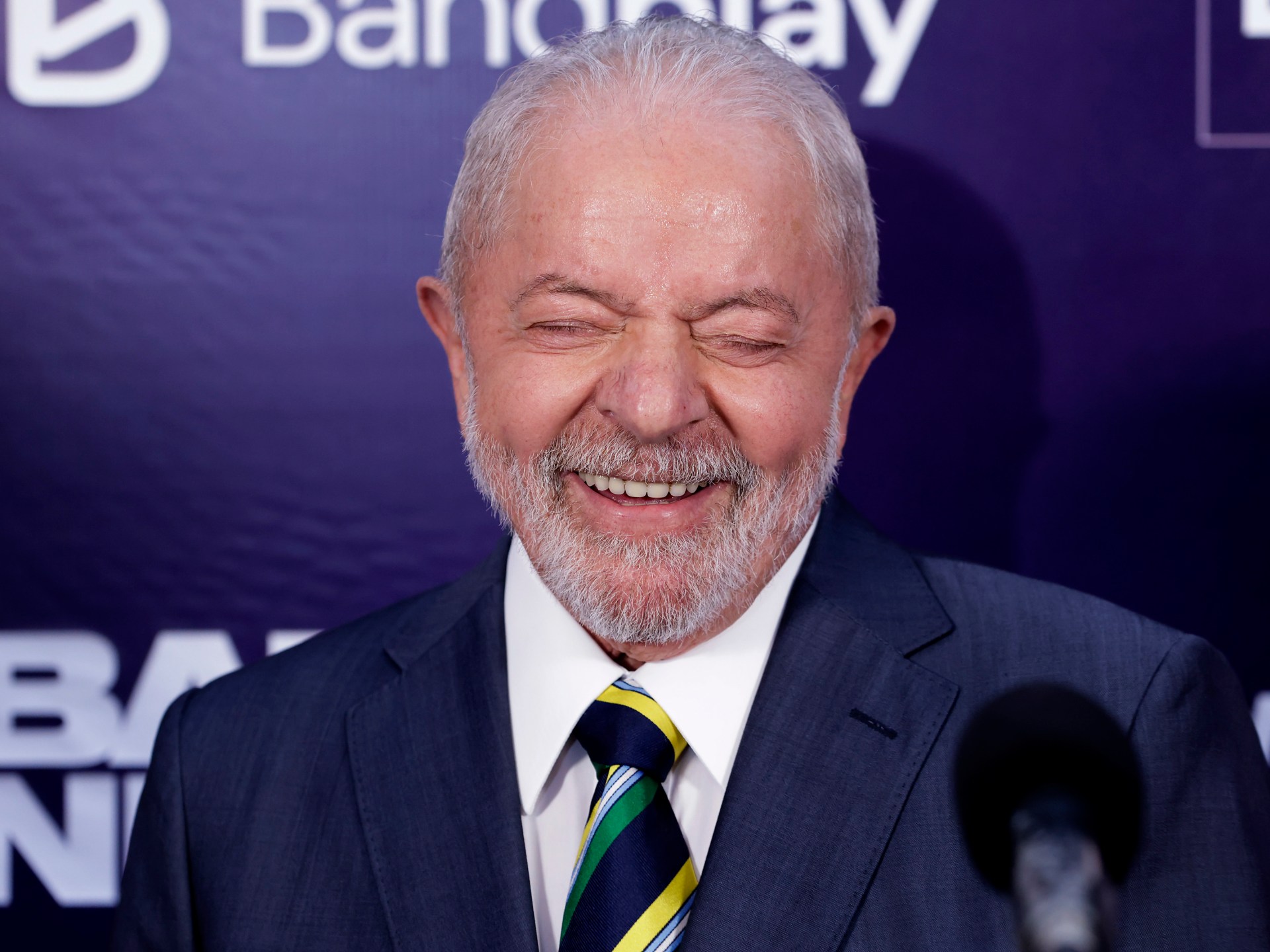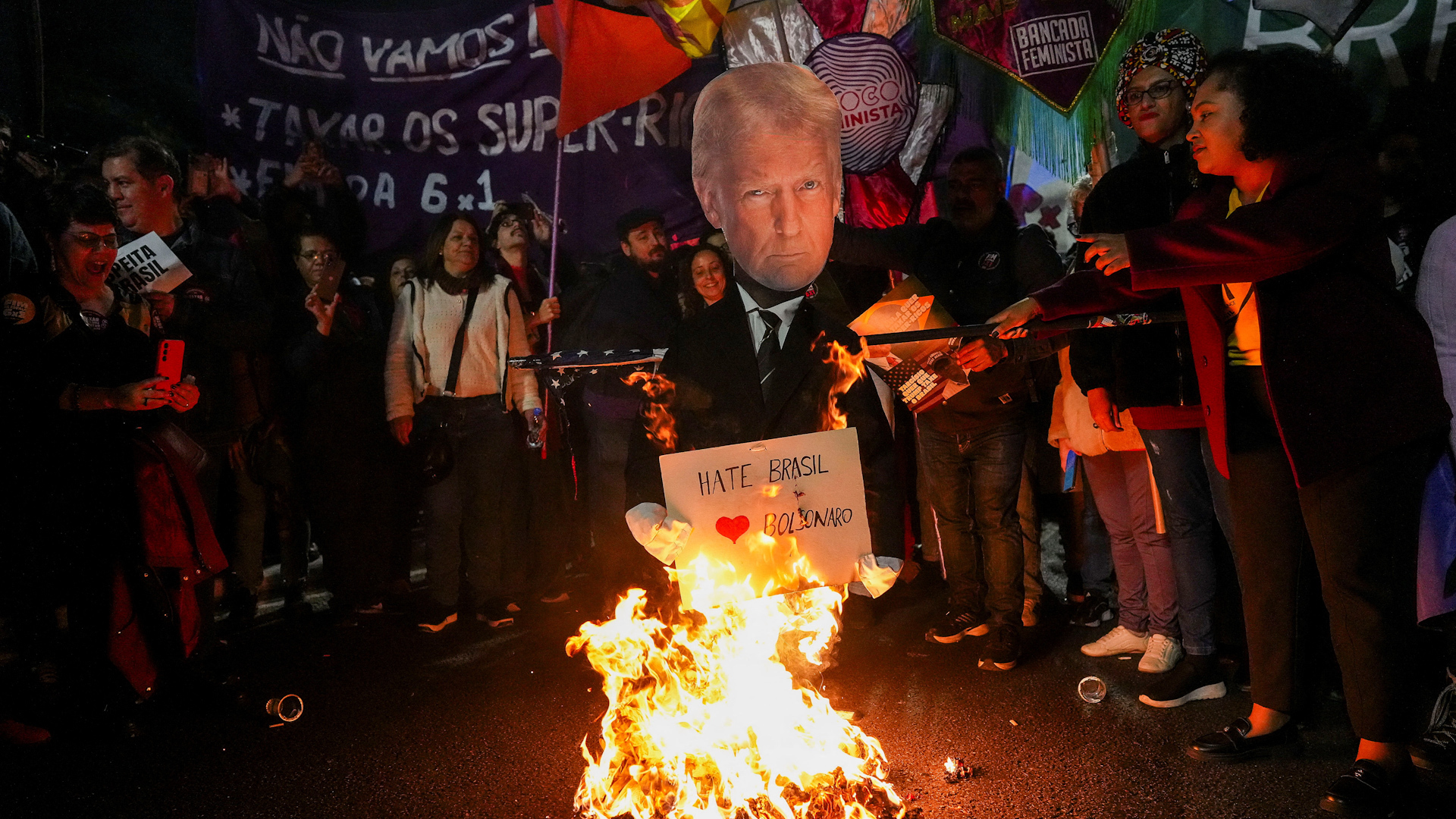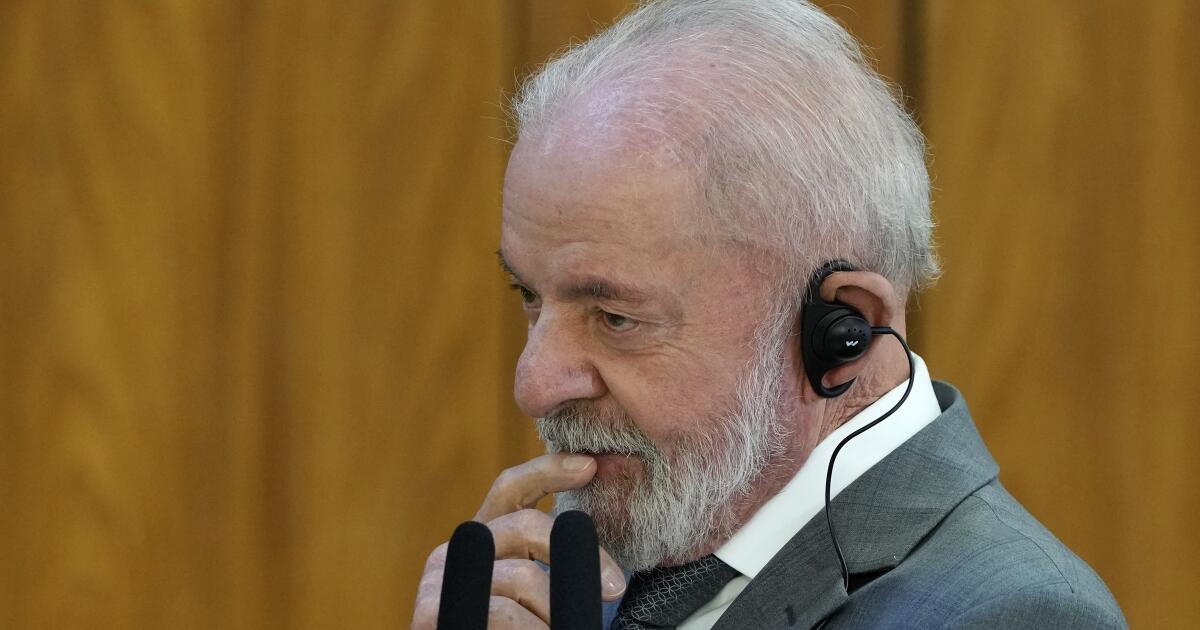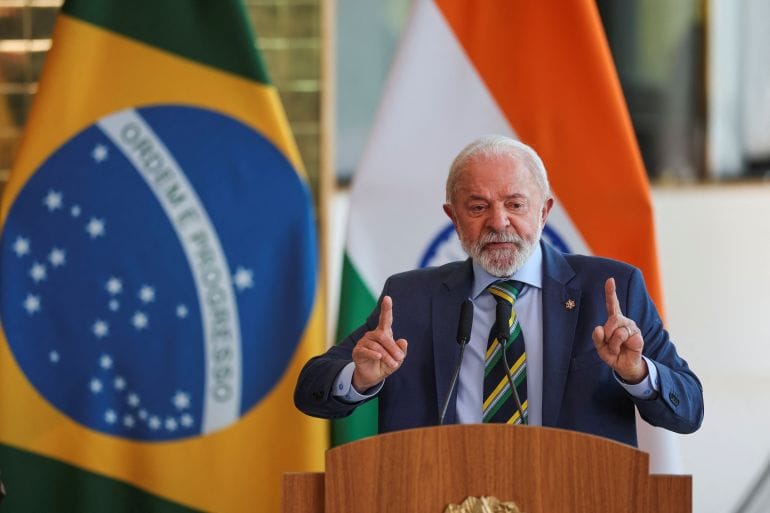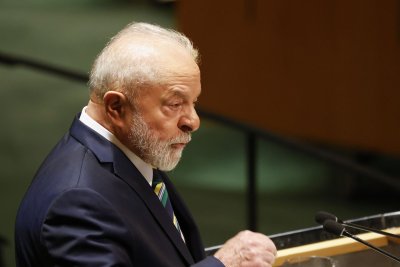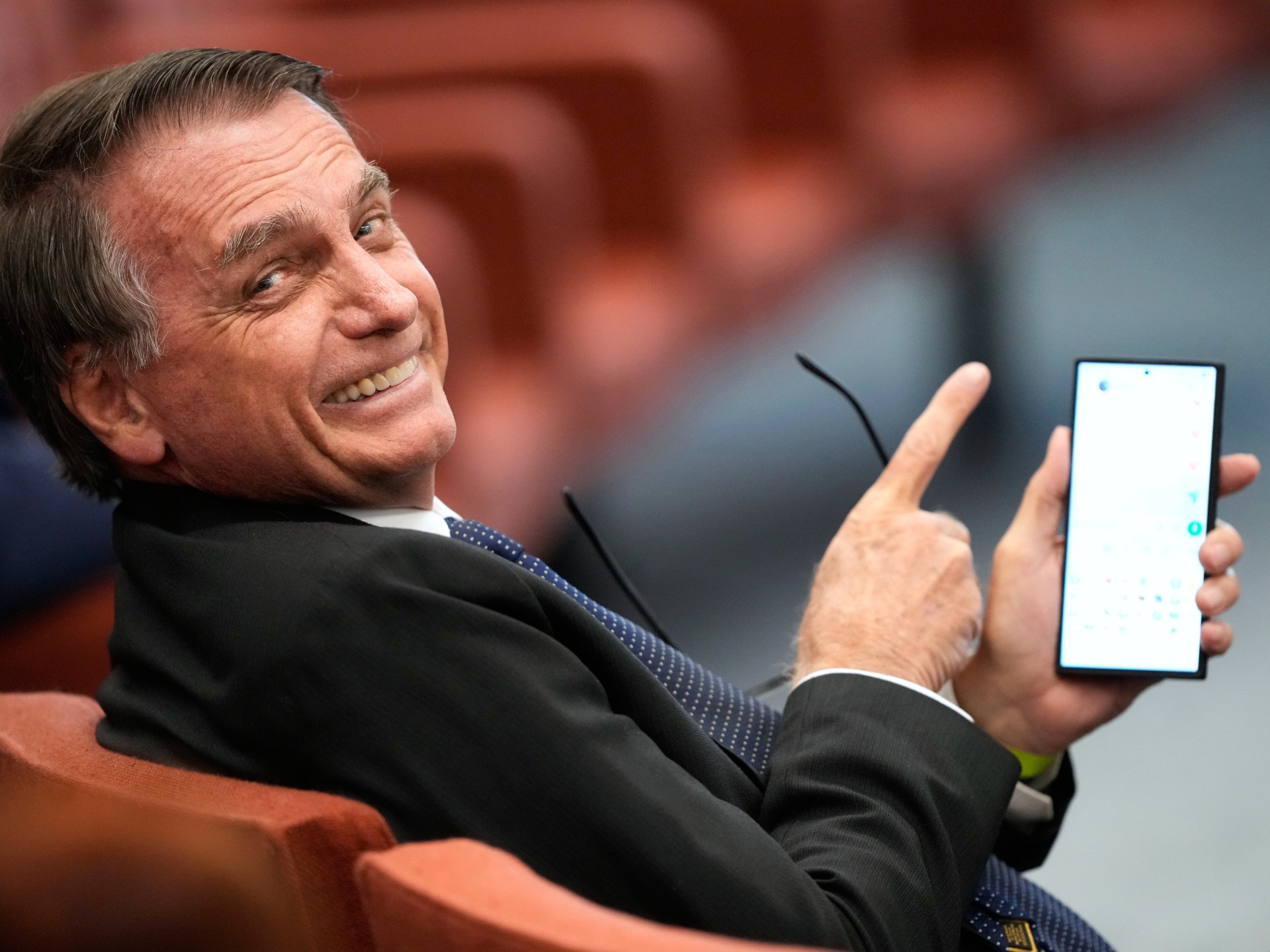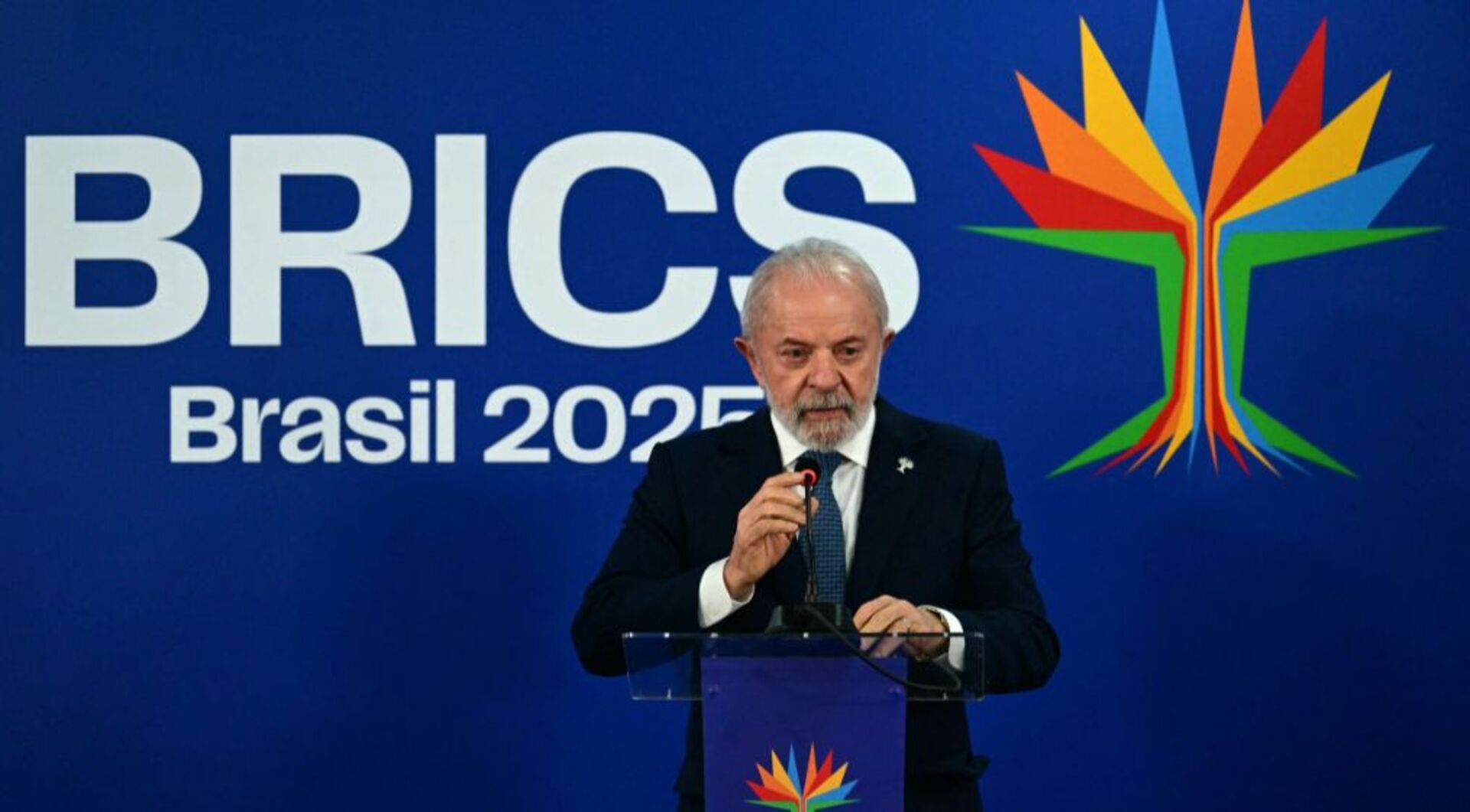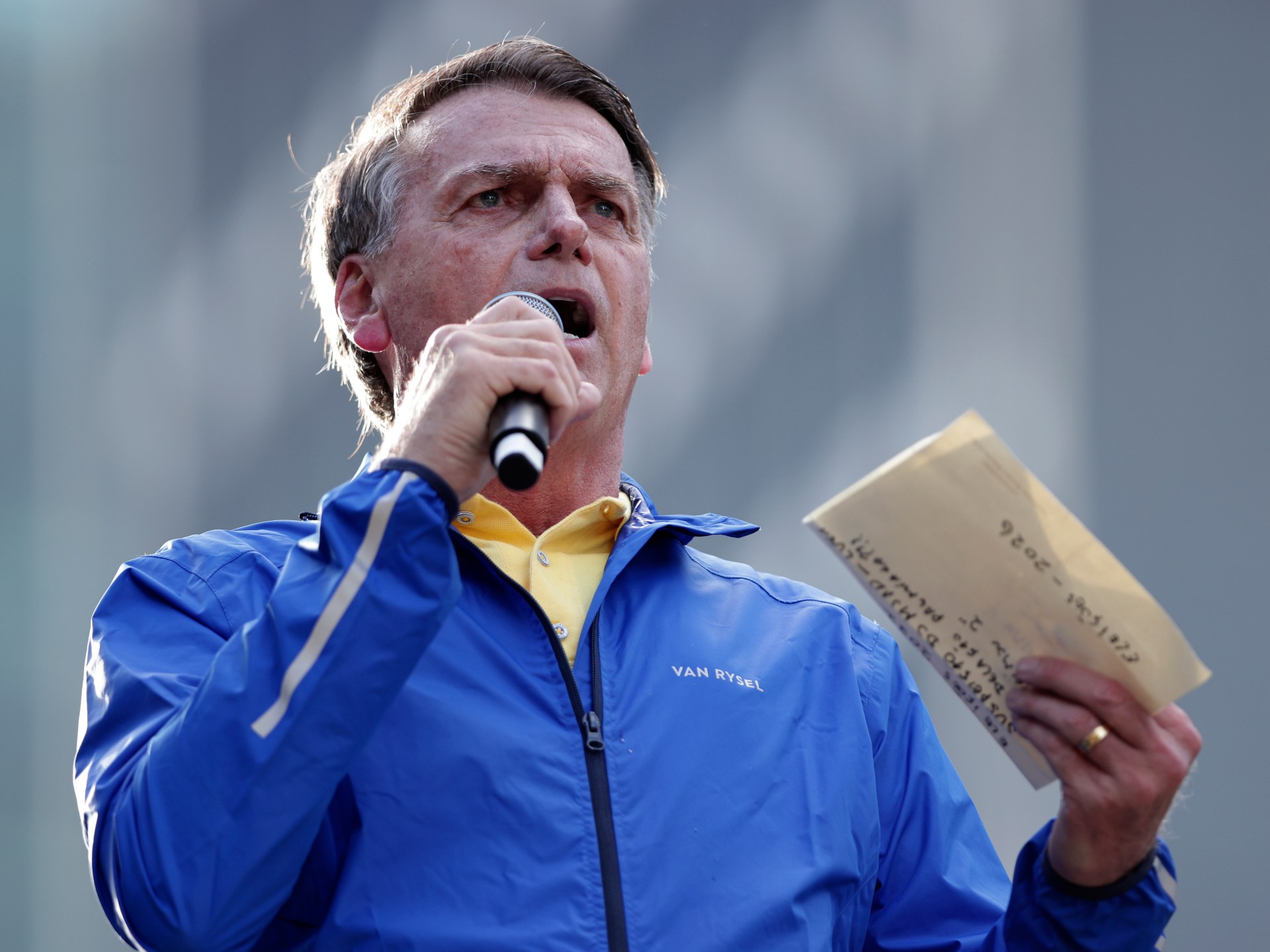Trump seeks to use Canada’s recognition of Palestinian state as leverage in trade talks
WASHINGTON — President Trump said Canada’s announcement that it will recognize a Palestinian state “will make it very hard” for the U.S. to reach a trade agreement with its northern neighbor.
Trump’s threat, posted in the early hours Thursday on his social media network, is the latest way he has sought to use his trade war to coerce countries on unrelated issues and is a swing from the ambivalence he has expressed about other countries making such a move.
The Republican president said this week that he didn’t mind British Prime Minister Keir Starmer taking a position on the issue of formally recognizing Palestinian statehood. And last week he said that French President Emmanuel Macron’s similar move was “not going to change anything.”
But Trump, who has heckled Canada for months and suggested it should become the 51st U.S. state, indicated on Thursday that Prime Minister Mark Carney’s similar recognition would become leverage ahead of a deadline he set in trade talks.
“Wow! Canada has just announced that it is backing statehood for Palestine,” Trump said in his Truth Social post. “That will make it very hard for us to make a Trade Deal with them. Oh’ Canada!!!”
Trump has threatened to impose a 35% tariff on Canada if no deal is reached by Friday, when he’s said he will levy tariffs against goods from dozens of countries if they don’t reach agreements with the United States.
Some imports from Canada are still protected by the 2020 United States-Mexico-Canada Agreement, which is up for renegotiation next year.
Carney’s announcement Wednesday that Canada would recognize a Palestinian state in September comes amid a broader global shift against Israel’s policies in Gaza.
Though Trump this week said he was “not going to take a position” on recognizing a Palestinian state, he later said that such a move would be rewarding Hamas, whose surprise Oct. 7, 2023, attack on Israel prompted a declaration of war and a massive military retaliation from Israeli Prime Minister Benjamin Netanyahu.
Trump’s new cudgel against Canada comes after he moved to impose steep tariffs on Brazil because it indicted its former president Jair Bolsonaro, a Trump ally who, like the U.S. president, has faced criminal charges for attempting to overturn the results of his election loss.
Trump signed an executive order Wednesday to impose his threatened 50% tariffs on Brazil, setting a legal rationale that Brazil’s policies and criminal prosecution of Bolsonaro constitute an economic emergency under a 1977 law.
Trump had threatened the tariffs July 9 in a letter to President Luiz Inacio Lula da Silva. The legal basis of that threat was an earlier executive order premised on trade imbalances being a threat to the U.S. economy. But the U.S. ran a $6.8-billion trade surplus last year with Brazil, according to the U.S. Census Bureau.
A statement by the White House said Brazil’s judiciary had tried to coerce social media companies and block their users, though it did not name the companies involved, X and Rumble.
Trump appears to identify with Bolsonaro, who attempted to overturn the results of his 2022 loss to Lula. Similarly, Trump was indicted in 2023 for his efforts to overturn the results of the 2020 U.S. presidential election.
The order would apply an additional 40% tariff on the baseline 10% tariff already being levied by Trump. But not all goods imported from Brazil would face the 40% tariff: Civil aircraft and parts, aluminum, tin, wood pulp, energy products and fertilizers are among the products being excluded.
The order said the tariffs would go into effect seven days after its signing on Wednesday.
Also Wednesday, Trump’s Treasury Department announced sanctions on Brazilian Supreme Court Justice Alexandre de Moraes over Bolsonaro’s ongoing trial and alleged suppression of freedom of expression.
Citing a personal grievance in trade talks with Brazil and now Canada’s symbolic announcement on a Palestinian state adds to the jumble of reasons Trump has pointed to for his trade war, such as stopping human trafficking, stopping the flow of fentanyl, balancing the budget and protecting U.S. manufacturing.
Price writes for the Associated Press. AP writer Josh Boak contributed to this report.
